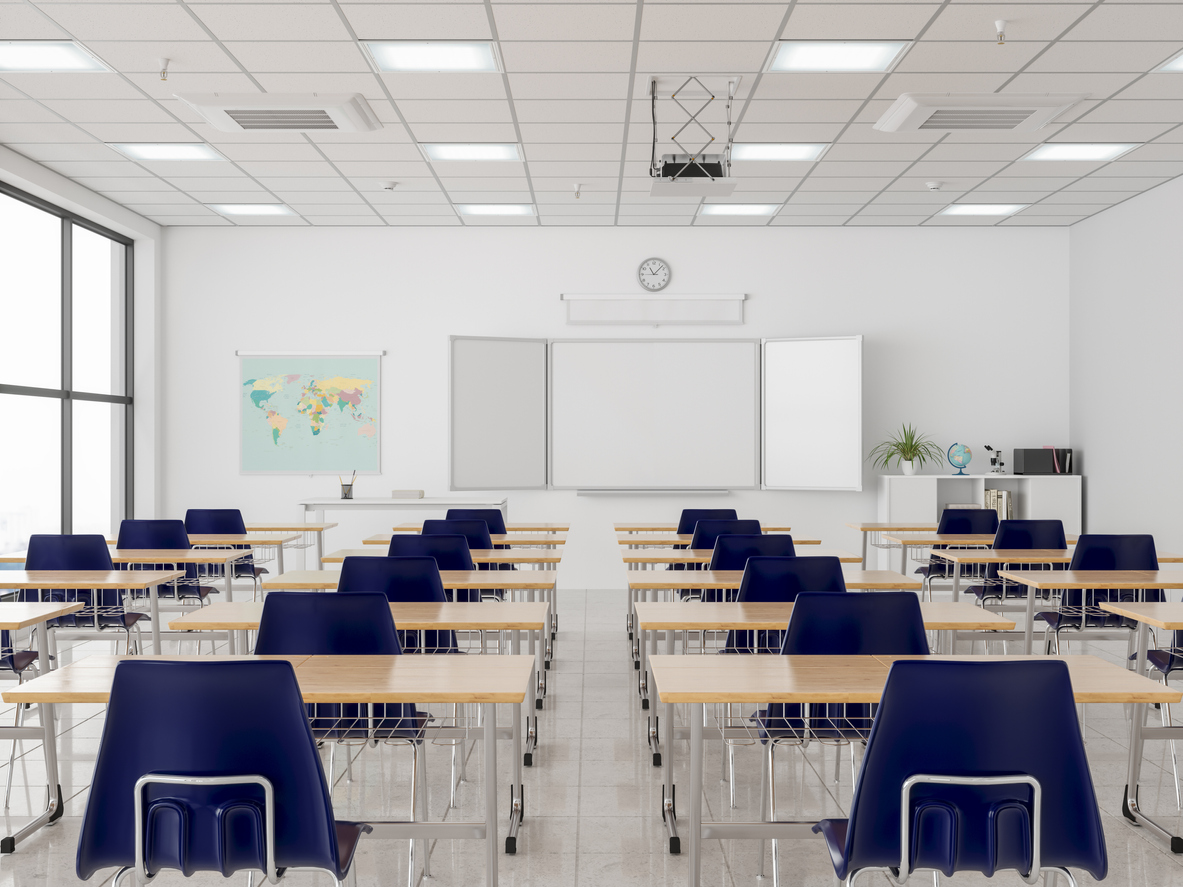Should Sleep Education Be Part of School Curriculum?

How many hours in your life do you think you’ve spent sleeping? How many hours in your life do you think you’ve spent learning about sleep? Even though sleep is a major part of our lives, most of us don’t receive much education about it. If students learn about sleep at a young age, it can help create habits and behaviors that will enhance their wellbeing and help them grow into successful adults.
What is sleep education?
Sleep education is a way to learn about healthy sleep as well as sleep disorders, to understand the importance of sleep and how it directly affects so many different aspects of our lives, and to gain knowledge about how sleep can be improved. Like education about physical and mental health, sleep education should be given its time to help students thrive and continue to be their best over time.
What could sleep education curriculum look like?
In school, students are taught subjects such as biology and psychology, but information about sleep is not always part of the regular curriculum. Especially at a young age, it is useful to teach students why sleep is essential, how it can help them feel better and perform better, and which types of sleep habits are useful to develop as they reach adulthood. This can be a class on its own or integrated with other topics.
For example, in math class sleep can be tracked, plotted, and graphed, and these data can be used to observe how sleep can vary over time and which factors influence sleep. A science class can include information about the circadian rhythms of humans and animals, including biological and evolutionary changes. An art class can involve discussion about paintings, either famous or original, to explore ideas about dreams or nightmares.
Is anything sleep-related being taught currently?
There are programs and organizations that create educational tools about sleep. One example is the Partnership in Education at Duquesne University in Pennsylvania, which strives to improve STEM education and health literacy. They are funded in part by the National Institutes of Health to create hands-on activities, videos, and other educational materials for learners of all ages. One of their sleep-related lesson plans includes journals to calculate sleep times and level of sleepiness and explore how those can change throughout the day and the week.
The American Academy of Sleep Medicine has developed free, downloadable resources for teachers of grades K-12. The lesson plans and activity guides are categorized by grade level and can be adapted to different subject areas. Themes include the science of sleep, benefits of sleep, and raising awareness about sleep disorders. Additionally, they host video contests for high school students with cash prizes for the creation of unique and educational videos about why sleep is essential for teens.
Where can I go to start getting sleep education?
In addition to the types of educational programs mentioned above, you can educate yourself about sleep. There are many great books available, such as Why We Sleep: Unlocking the Power of Sleep and Dreams by Dr. Matthew Walker. And be sure to check out SleepScore’s library of sleep. Knowledge is power!